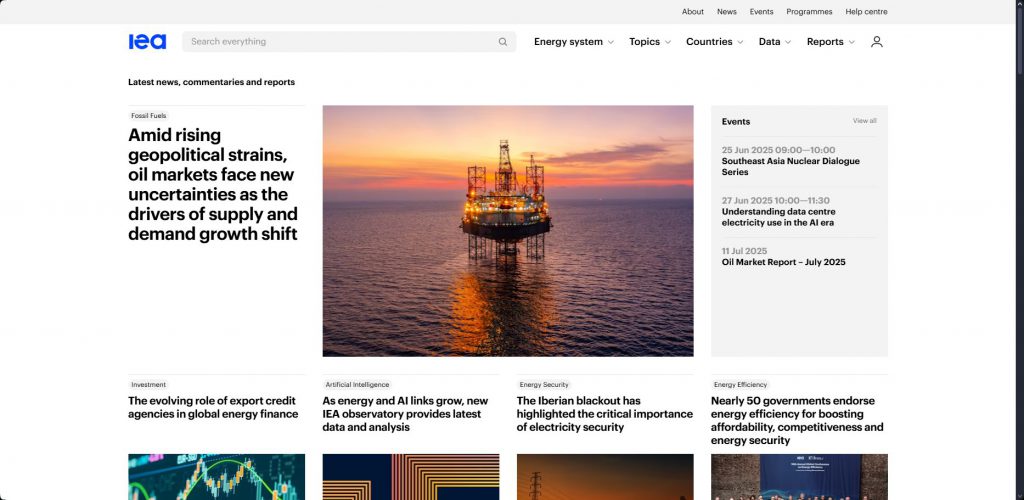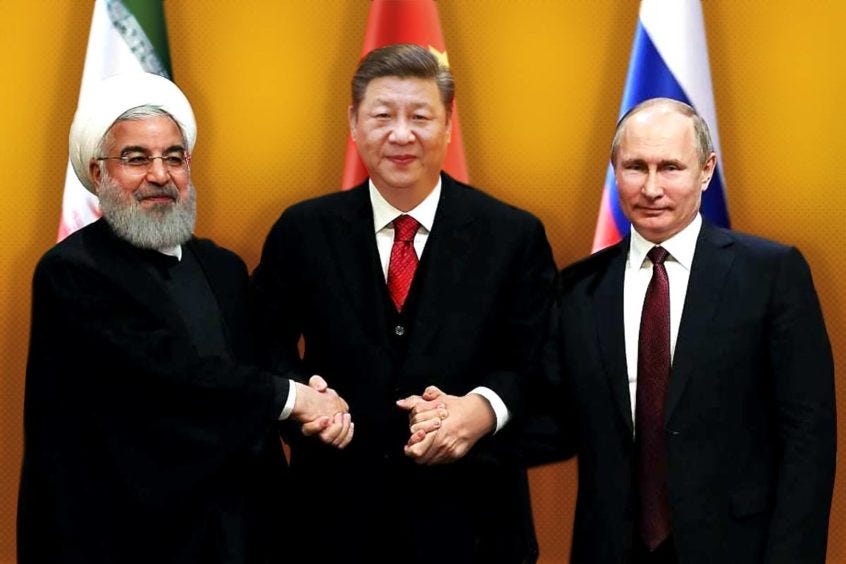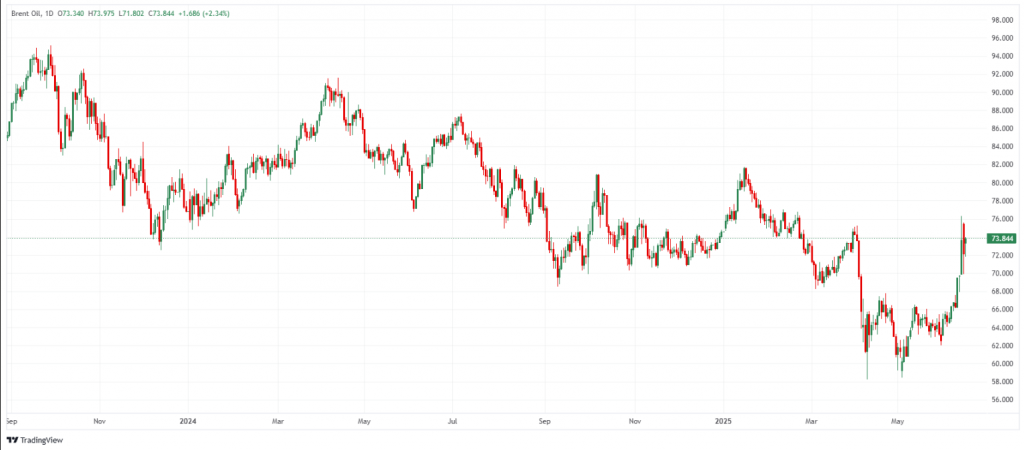Oil Prices Could Skyrocket to $130 as Iran Threatens Strait of Hormuz Blockade
Geopolitical tensions are about to pump crude markets into overdrive. Iran's latest saber-rattling could send oil prices spiraling to $130—and your portfolio's pain at the pump is just getting started.
The choke point: 30% of global seaborne oil passes through the Strait of Hormuz. One wrong move could trigger a supply shock that'd make 2022's energy crisis look tame.
Traders are already front-running the chaos. Oil futures spiked 8% this week as Tehran's threats grew louder. 'Risk premiums are back with a vengeance,' says one hedge fund manager loading up on call options.
Meanwhile, traditional energy investors are scrambling like it's 1973. Gold and Bitcoin both ticked up as safe-haven plays—because nothing says 'stable store of value' like digital tokens and shiny rocks when the world burns.
Here's the cynical kicker: Wall Street banks have quietly raised their Q3 oil targets while telling retail clients to 'stay diversified.' Translation: they're positioned for the squeeze and hoping you won't notice.
 IEA energy markets amid geopolitical strains – Source: IAE
IEA energy markets amid geopolitical strains – Source: IAE
Iran Strait of Hormuz Threat Could Trigger Oil Price Surge and Supply Risks

Former Iranian Economy Minister Ehsan Khandouzi stated that tankers and LNG cargoes should only transit the Iran Strait of Hormuz with Iranian permission, implementing this policyThis Iran oil export threat comes as Middle East geopolitical tension escalates following Israel’s air strikes on Iran.
Khandouzi posted on X:
Critical Energy Chokepoint

The Iran Strait of Hormuz represents the world’s most important oil chokepoint, with approximately 20 million barrels passing through daily. This global oil supply risk affects 30% of seaborne oil transport and 20% of global LNG trade, primarily from Qatar.
ING commodity experts Ewa Manthey and Warren Patterson noted:
They added:
Market Impact Analysis

Energy analysts warn this Iran oil export threat could cause crude oil prices to soar above $120-150 per barrel. The oil price surge WOULD create cascading global effects, as Deutsche Bank notes that Gulf oil is
Despite mounting Middle East geopolitical tension, markets remain relatively calm with Brent crude under $74. However, the Iran Strait of Hormuz situation represents a permanent global oil supply risk that could destabilize energy markets if Tehran follows through on these unprecedented threats.
The strategic waterway remains both vital for global energy flows and a potential trigger for the next major oil price surge.

